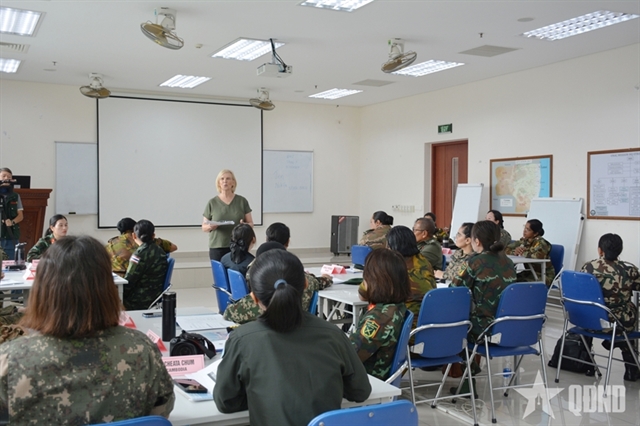Thousands ofl servants carry HIV virus
They include health officials, as they were infected via needles used by their families, he said. The real figure would be up to 60,000 civil servants with HIV, he said.
Gay men remain the highest risk group, followed by spouses of HIV carriers. To prevent the spread of the disease, people who have practised unsafe sex during the past 10 years should voluntary take a HIV blood test, he said.
The National Health Security Office offers HIV blood tests for free. About 250,000 people have used the service, and 7 per cent of them were found with HIV.
Each day, up to 35 people come down with HIV on average and Aids now accounts for onethird of deaths among youths.
"Our campaign will seek to reduce the number of new infections," said Prof Chuanchom Sakondhavat, director of
She was speaking at an event held to mark World Aids Day, which falls on December 1 every year.
About 14,000 people in the country caught HIV in 2006, so her institute drew up a fouryear strategy to try to cut new cases to just 7,000 a year by next year.
Last year the number of newly infected people soared past 10,000.
"Most new infections are detected among people aged between 19 and 29," the doctor said. "Youths now have sex at a younger age and many of them often change sexual partners."
It was high time that educational institutions taught youngsters about sex and selfprotection against the deadly disease.
When Aids causes untimely deaths among young people, the economy also suffers.
The spread of Aids among alien workers, who have limited access to information and treatment, was another concern, she added.
By The Nation
Published on December 2, 2010







